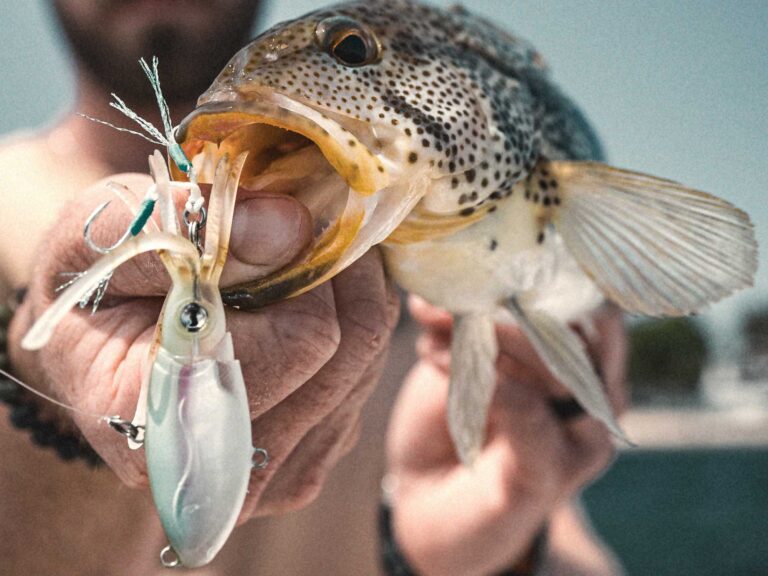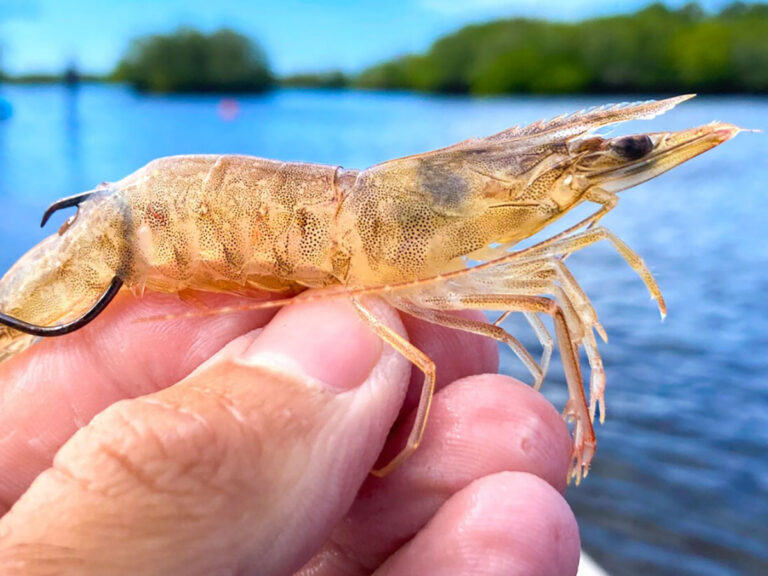
boca grande jig
Florida Fish and Wildlife commissioners voted unanimously to ban the “Boca Grande” jig at an early September meeting in Pensacola, Florida. The jig issue has been hotly debated over the past few years between bait and jig tarpon fishermen. The final vote was passed relatively quickly and with little opposition, as most people present at the meeting spoke in favor of the ban.
The two-part proposal adds new language that enhances the definition of “snagging” or “snatch hooking” that applies statewide, and prohibits the use and possession of gear rigged with a bottom-weighed hook in Boca Grande Pass. The changes go into effect Nov. 1.
“The actions taken today by the Commission represent a historic move to further protect this iconic fish,” said Commissioner Kenneth Wright. “One day, there will be a chapter on these conservation measures in a book on proactive fishery protection.”
The first part of the adopted changes include adding language to the snagging definition to prohibit catching or attempting to catch tarpon that have not been attracted or enticed to strike an angler’s gear. This change will apply to tarpon fishing statewide. The current definition for snagging or snatch-hooking is the intentional catch of a fish by any device intended to impale or hook the fish by any part of its body other than the mouth.
The second part of the proposal prohibits fishing with gear that has a weight attached to a hook, artificial fly or lure in such a way that the weight hangs lower than the hook when the line or leader is suspended vertically from the rod. This change will apply to fishing for all species year-round within Boca Grande Pass. If this gear is on board a fishing vessel while inside the boundaries of the pass, it cannot be attached to any rod, line or leader and must be stowed. This change will further reduce the likelihood that tarpon in Boca Grande Pass will be snagged.
Groups such as the Bonefish and Tarpon Trust (BTT) spoke out in favor of the ban and support the 7-0 vote. BTT’s Dr. Aaron Adams attended the meeting and gave his opinion about why the jig should be banned. The Boca Grande Pass-Charlotte Harbor estuary is a unique place and an essential pre-spawn and post-spawn area for adult tarpon in the area, he said. It appears that the vertical jigging method alters tarpon behavior as they are gathered in their pre and post-spawn groups, which could have detrimental long-term effects on tarpon populations.
“These new regulations, along with the recently enacted regulations making tarpon catch-and-release only in the state of Florida, are important steps in protecting tarpon for future generations,” said BTT Chairman Tom Davidson. “Many thanks to everyone who weighed in to achieve these positive results, and to the FWC for setting a positive example for the rest of the country.”









